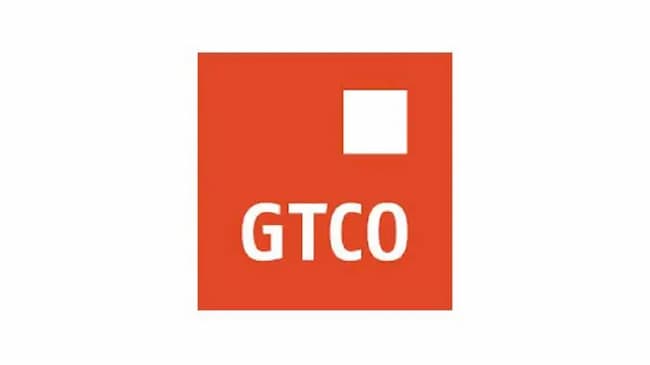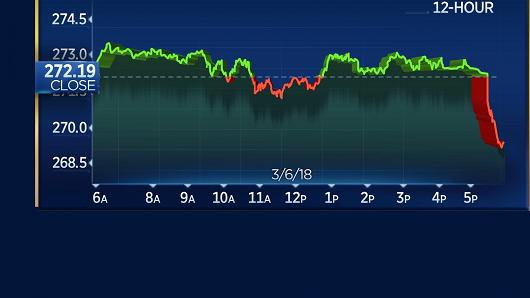For Yusuf Fagbola (not real name), to furnish his newly-acquired apartment in the Ogba area of Lagos State, it would have been very much easier if he could get a company that would give him their products on credit.
“You know how much distress it can cause to secure an apartment in Lagos. I did, and after painting it and buying my curtains, it dawned on me that I would have no choice but to place my bed on the floor (without the frame).
Not only this, my sitting room would be empty as I had no money on me to afford these things,” he said.
Like Fagbola, this is the reality of many Nigerians, who desire to have a thing, or two, but can’t afford it immediately. If it were to be abroad, where access to credit facilities is guaranteed as long as one has a bankable score, this would not have been the case for him, as he could have walked into a furniture company to pick up the items he needs and pay later as he wishes.
In recent times, the call for the widespread adoption of embedded credit has been on the rise in Nigeria, as people are clamouring for it.
Sharing his sentiment on this debate, Financial Analysts, Lekan Fakoyejo expressed an opinion that “on a global scale, people are adopting the integration of financial services into a traditionally non-financial platform.
“This is a welcomed revolution that is bridging the gap between commerce, consumers, and credit facilities.”
Speaking of embedded credit companies and their offerings, Fakoyejo explained that they are primary players in both financial and retail markets.
“Due to several factors, amongst which is job insecurity and unfavourable employment rates, these firms operate at serious risks. But while they don’t offer conventional financial services, I see them as non-bank financial companies offering unconventional credit.
“This is because they make profits from the interests placed on products purchased on their platforms on credits,” he noted.
Having explained embedded credit companies’ offerings, Fakoyejo maintained that they improve lives by providing products for consumers on credit with an agreed convenient financing plan.
Corroborating Fakoyejo’s explanation and opinion, John Nwokolo, a chartered accountant, exemplified that “one of the credit embedded companies in Nigeria improving people’s lifestyles is CDcare.”
“Sadly, we don’t have many of them in the country, but you can tell how people want this sub-sector of the financial industry to thrive. And as a matter of fact, they want it to grow so rapidly because of the quality lifestyle and ease of living they guarantee,” Nwokolo stated.
Nwokolo added that with embedded credit, Nigerians would be able to afford the desired products without having to break the bank.












